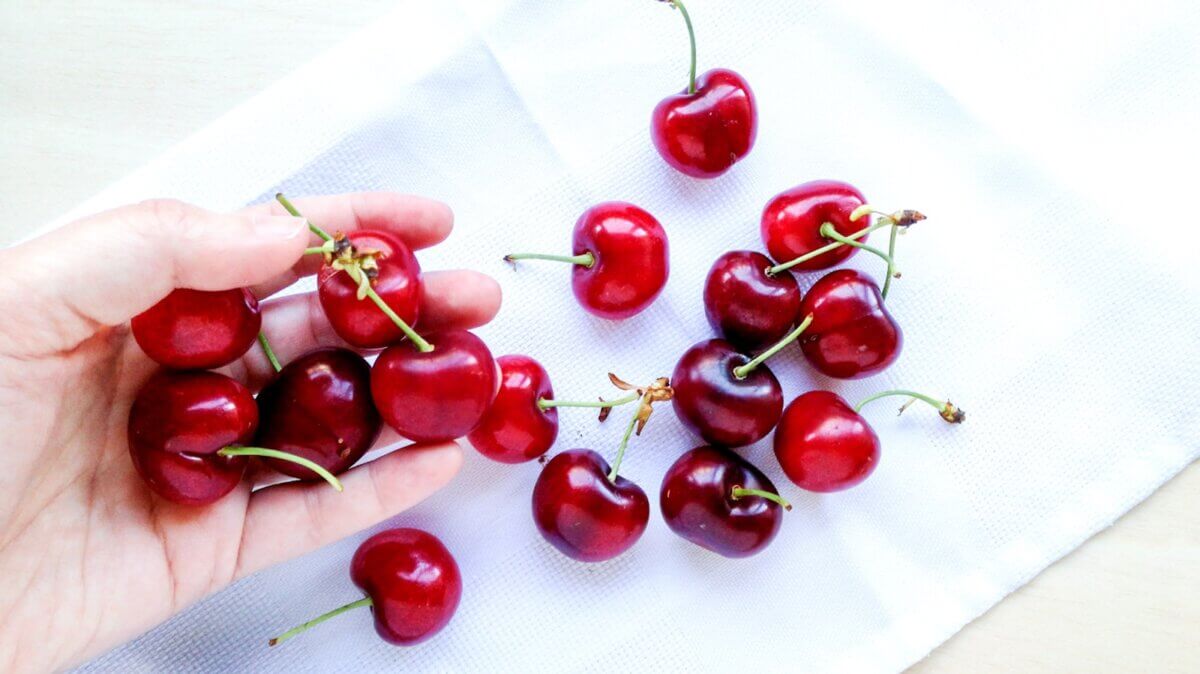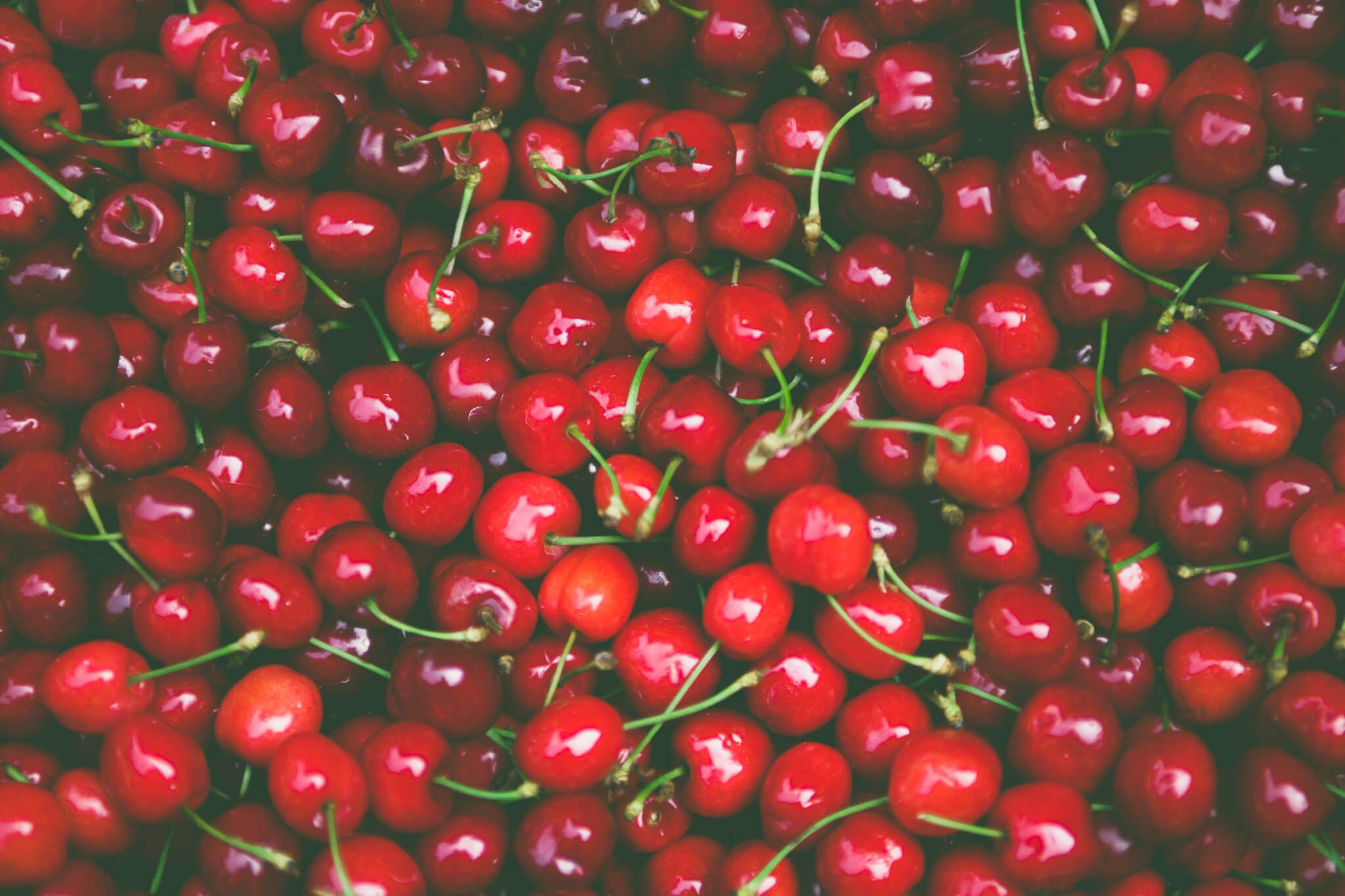
Photo by Olivia Watson from Unsplash
As summer heats up, you might be looking forward to eating your favorite summertime foods. Summer boasts tons of delicious in-season foods that all offer various amounts of nutrition, but cherries are at the top of the list. Not only are they sweet and a bit tart, but they're loaded with nutrients — so you should feel great about snacking on them all summer long!
There are so many different types of cherries you can choose from, though the most common in the United States is the sweet Bing cherry. For tart cherries, the Montmorency cherry is the most common variety.
Although cherries are very popular, affordable, and easy to find during summer, the stone fruit is also available year-round in frozen and dried forms. No matter which type of cherry you get, they're worth incorporating into your diet more often for several reasons:
Cherries are rich in antioxidants
More often than not, the darker the fruit or vegetable, the greater the antioxidant level. Cherries typically have that beautiful deep red color thanks to their anthocyanin content, which is a group of antioxidants. Fruits like strawberries and blueberries have them, too, but sweet cherries can have nearly double the amount of those berries per serving.
Anthocyanins help fight harmful compounds called free radicals, which can cause stress to the body if allowed to accumulate.

They could help you sleep better
Cherries are uniquely rich in melatonin, namely tart varieties. We naturally produce melatonin in our bodies in response to darkness at night, which helps us wind down for sleep and keeps our circadian clocks regulated. Your circadian rhythm describes the 24-hour cycle that is part of the body's internal clock and allows it to function.
Melatonin production can be disrupted by blue light at night (like that provided by your nightly smartphone scrolling), which prevents good quality sleep. Eating some cherries or drinking some tart cherry juice before bed could help encourage melatonin production and, therefore, better sleep.
Nutrient powerhouses
Cherries provide iron, magnesium, vitamin B6, phosphorus, potassium, vitamin C, and more. They are also an energizing whole-food carbohydrate source that additionally provides gut-beneficial fiber to support regular bowel movements, satiety, and blood sugar regulation.
How can you add more cherries to your diet?
If you're looking to eat more cherries but aren't sure where to start, the best way is to eat them fresh out of the package. Just be sure to remove the pits and stems before swallowing. You can also add them to oatmeal, cook them down into more of a “sauce,” and add them to pancakes, waffles, or even meat. If you buy them frozen, they make a great frozen snack, too, right out of the package! You could also throw them into smoothies.
Who shouldn't eat cherries?
Cherries are generally safe to eat. Eating too many could have a laxative effect thanks to their fiber, but they don't have that much to the point that this would be a significant issue. Young children should be careful eating cherries, and parents can make sure to remove pits and stems. Those with digestive issues who typically eat a lower FODMAP diet should also probably go lighter on the cherries since they are a high FODMAP food. If this doesn't sound like you, have a cherry-filled summer!










